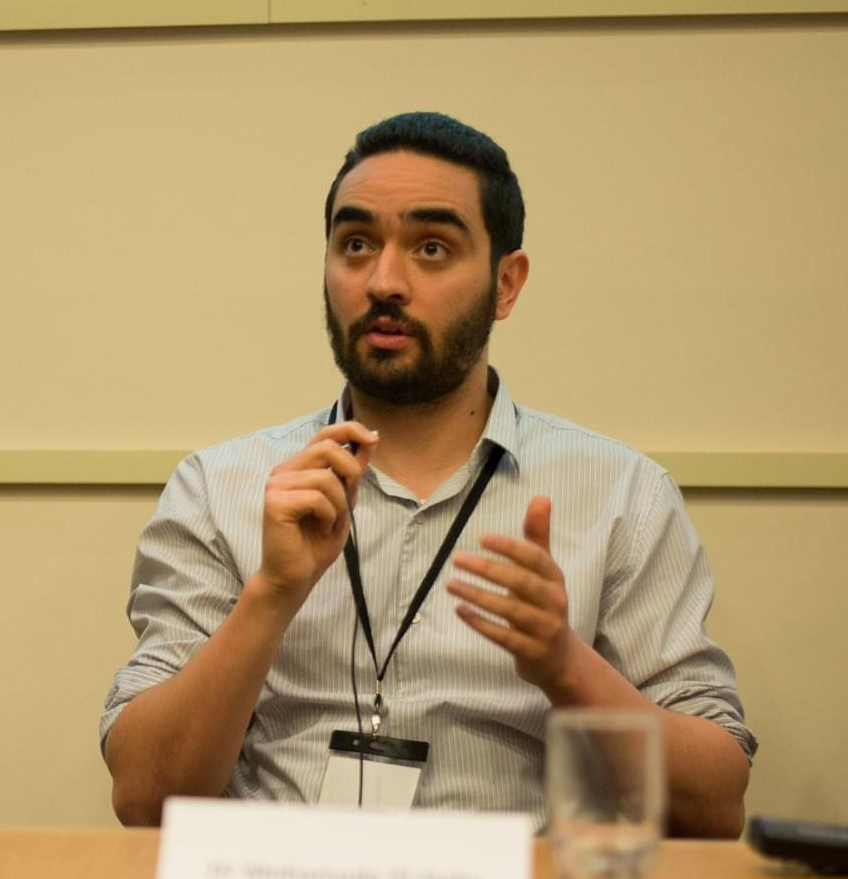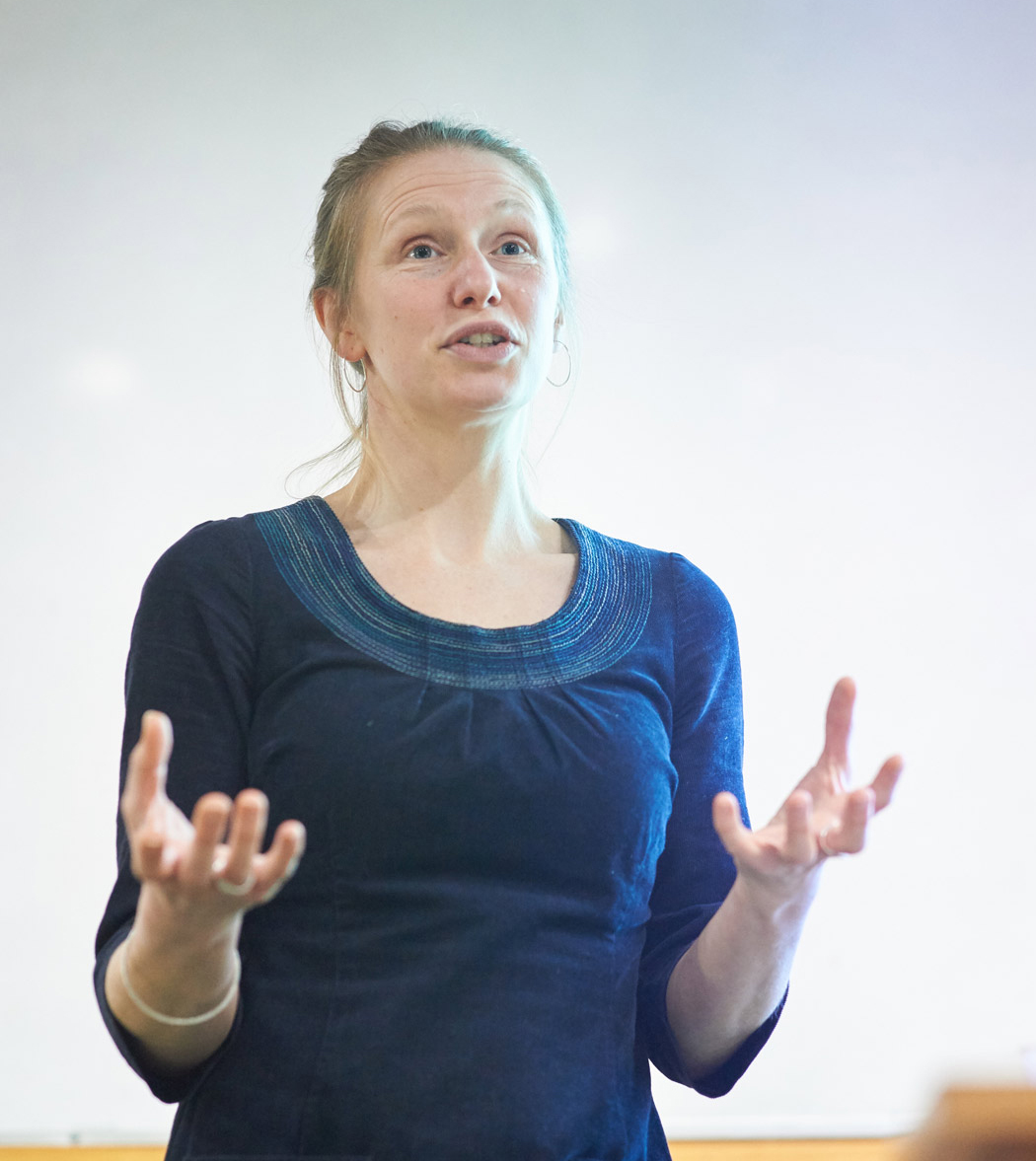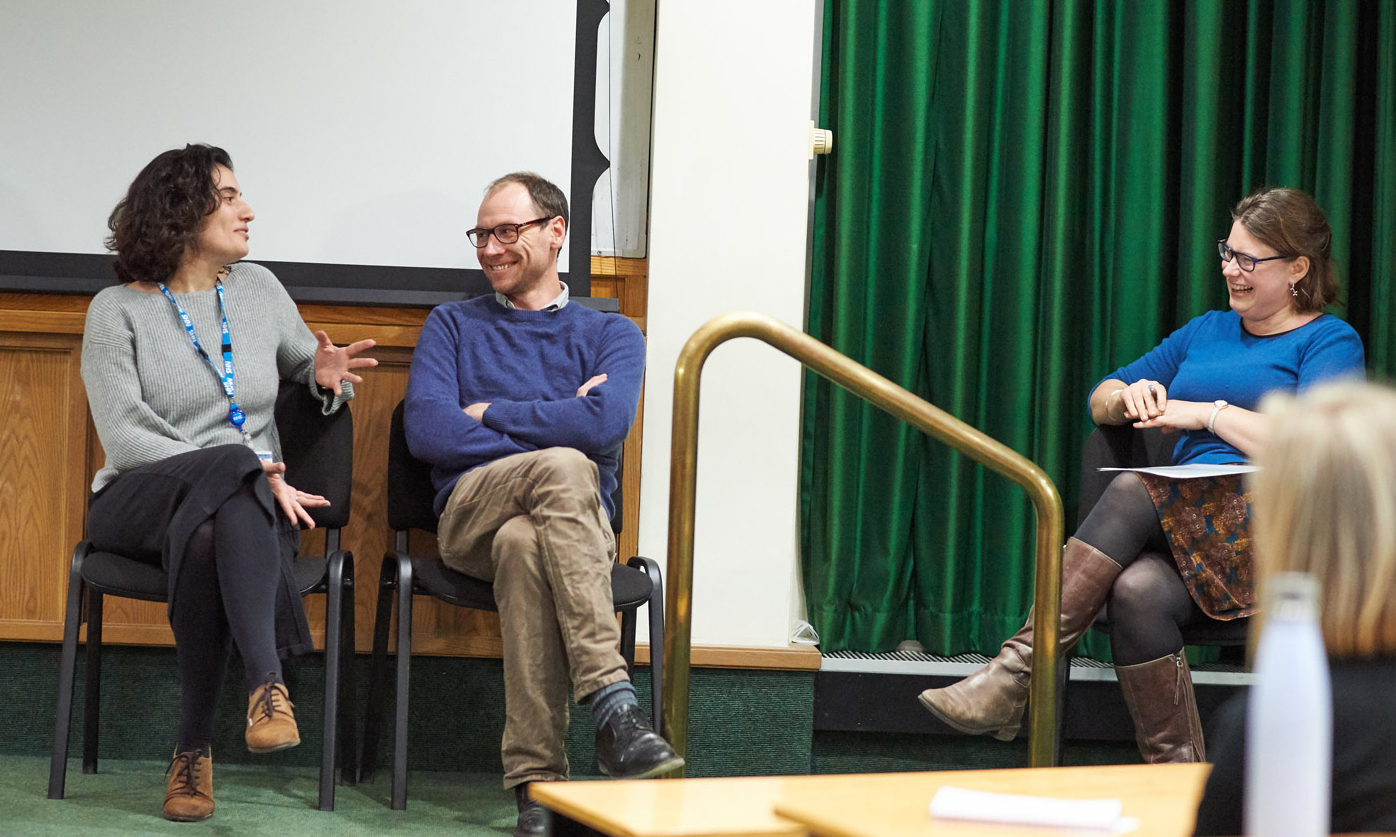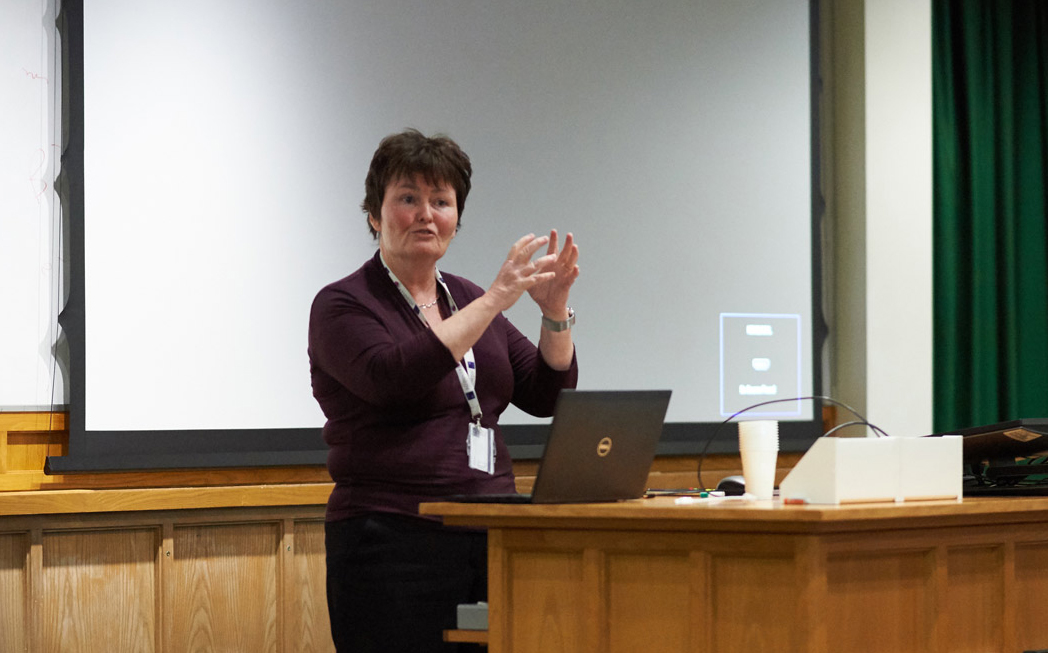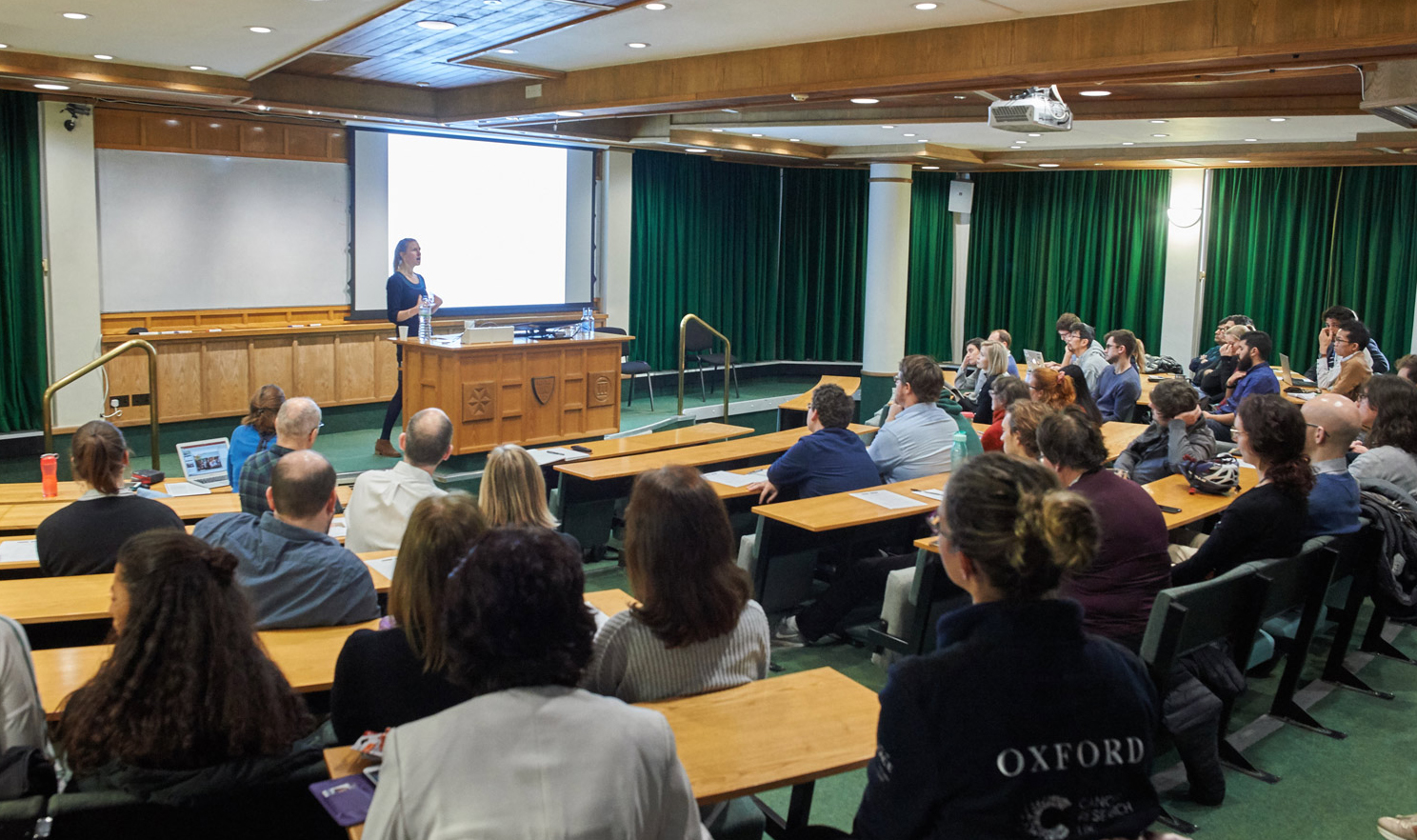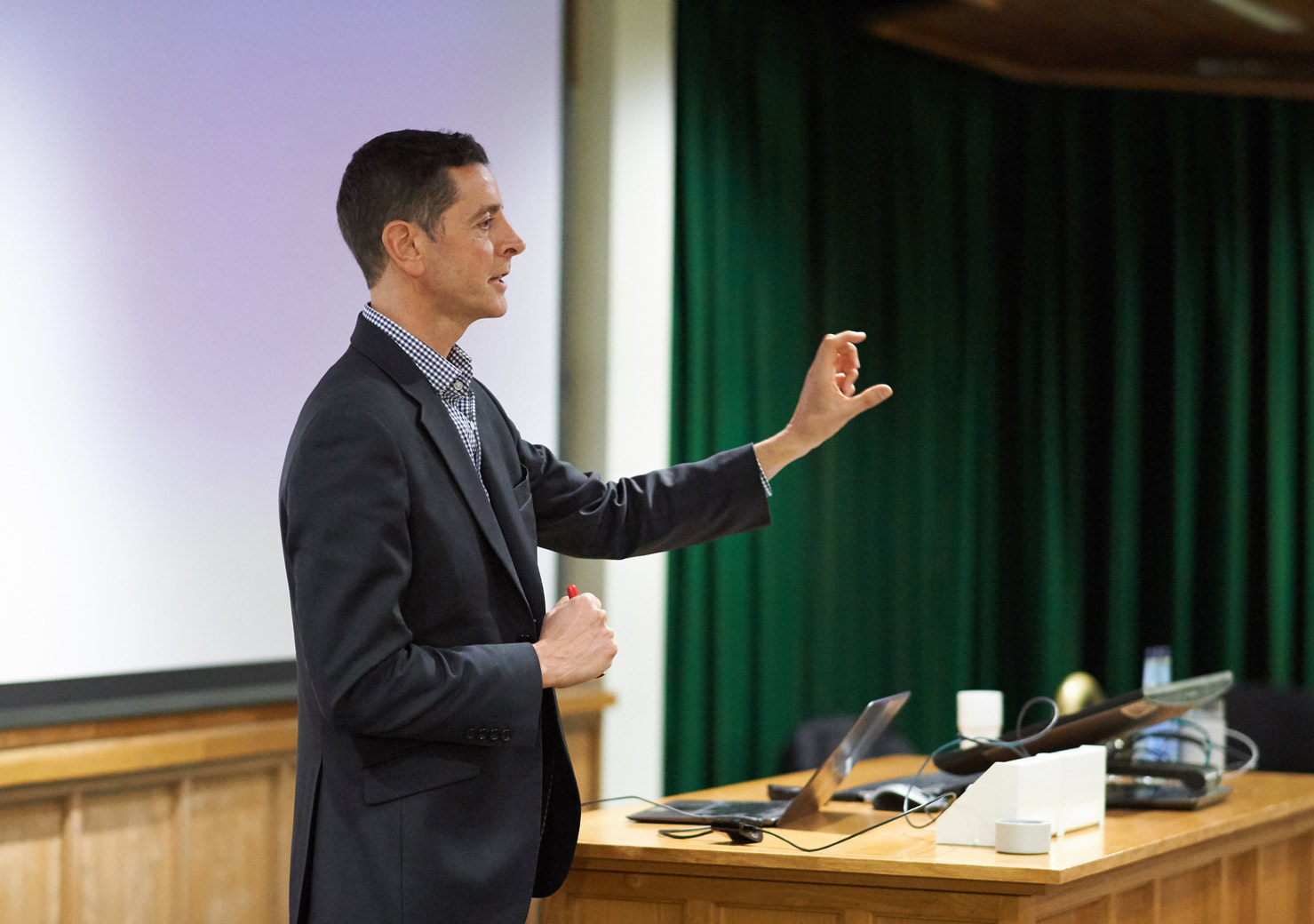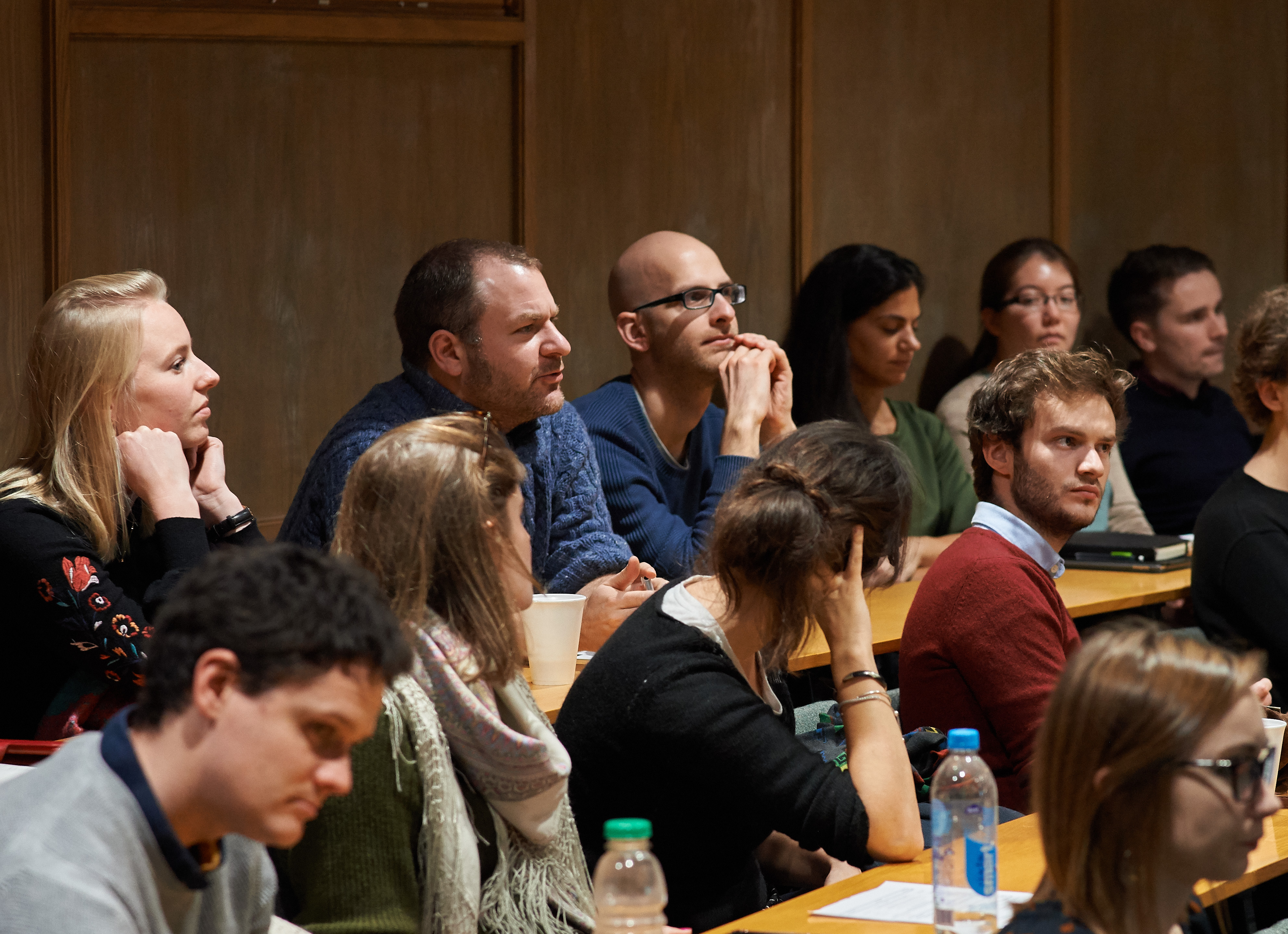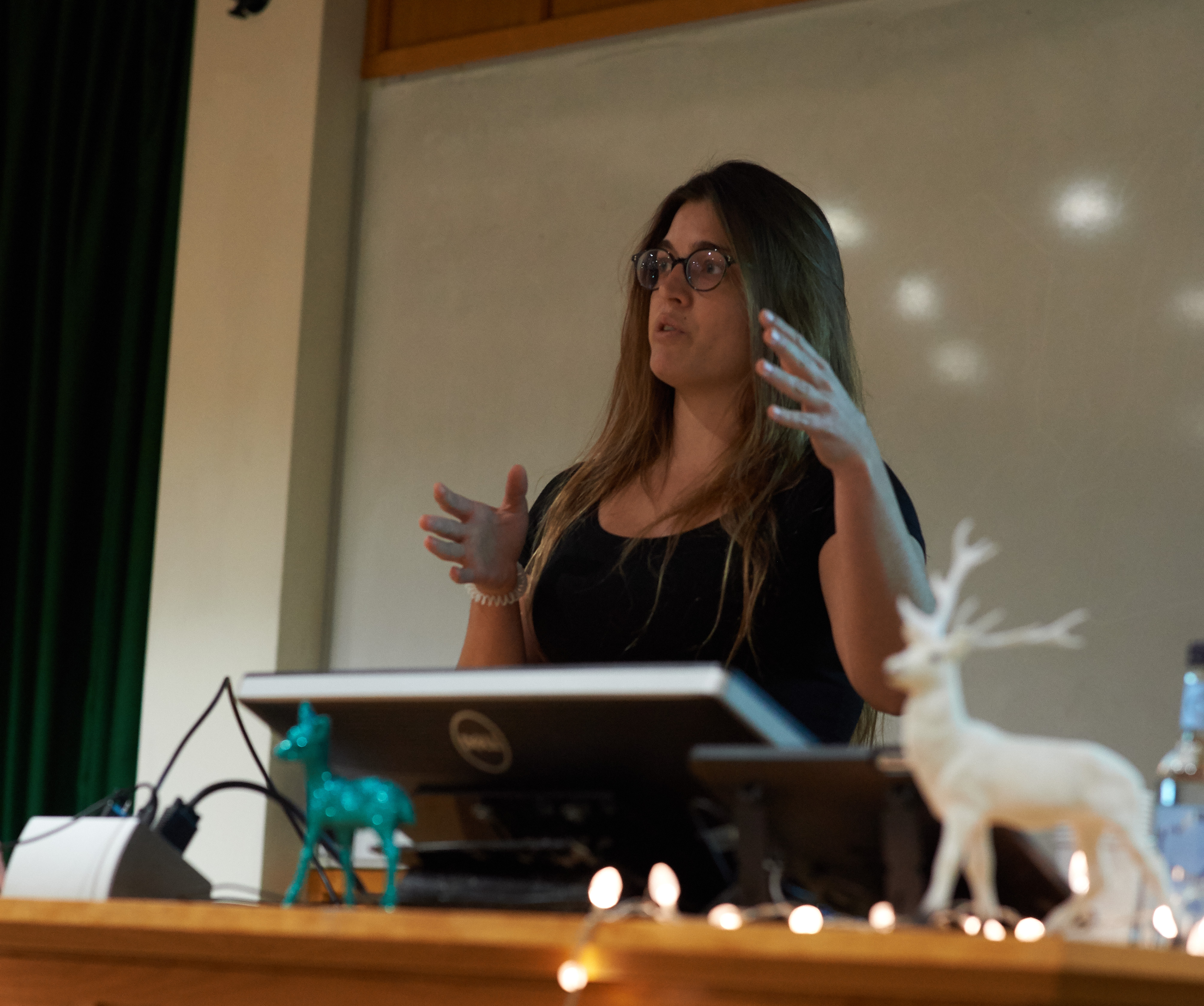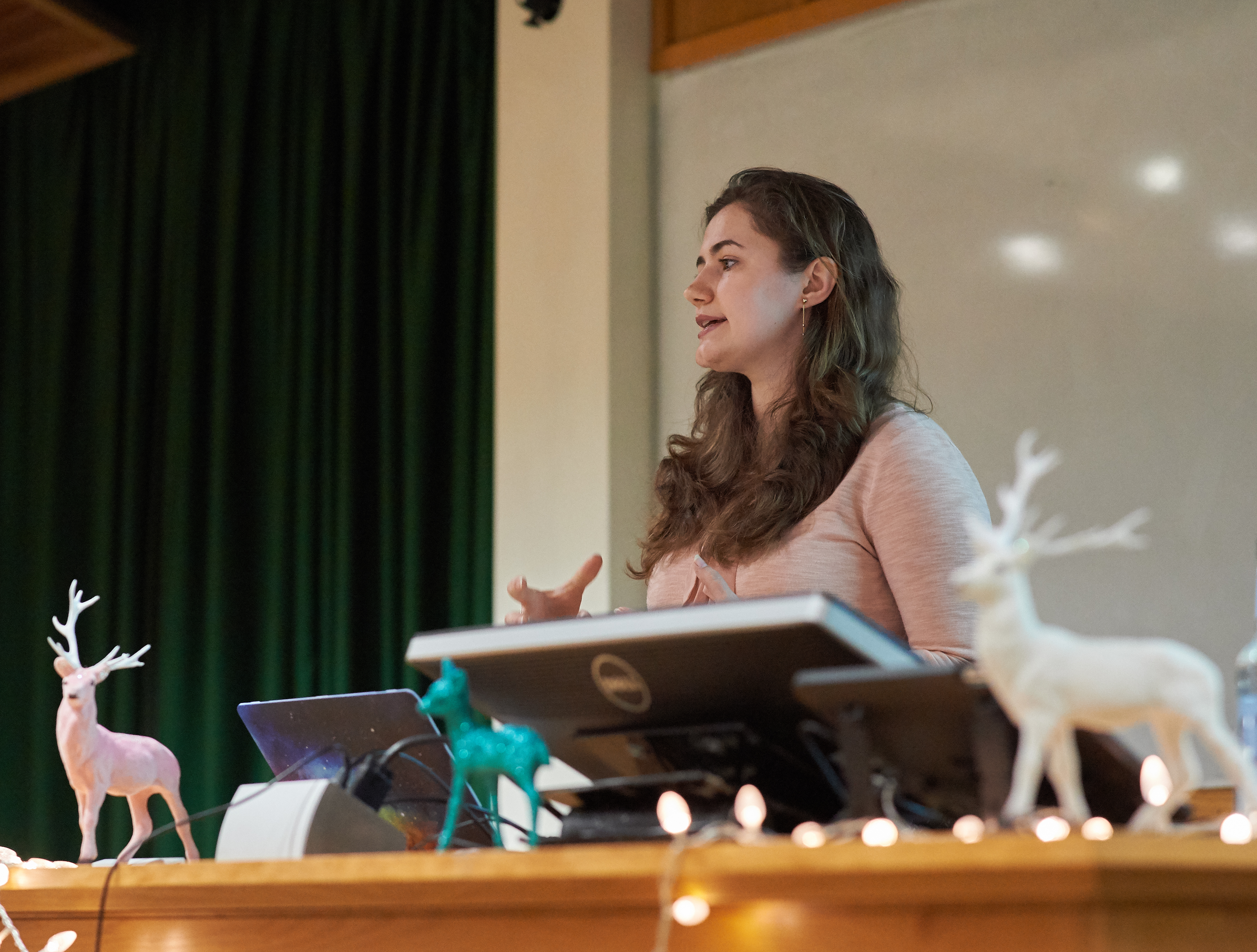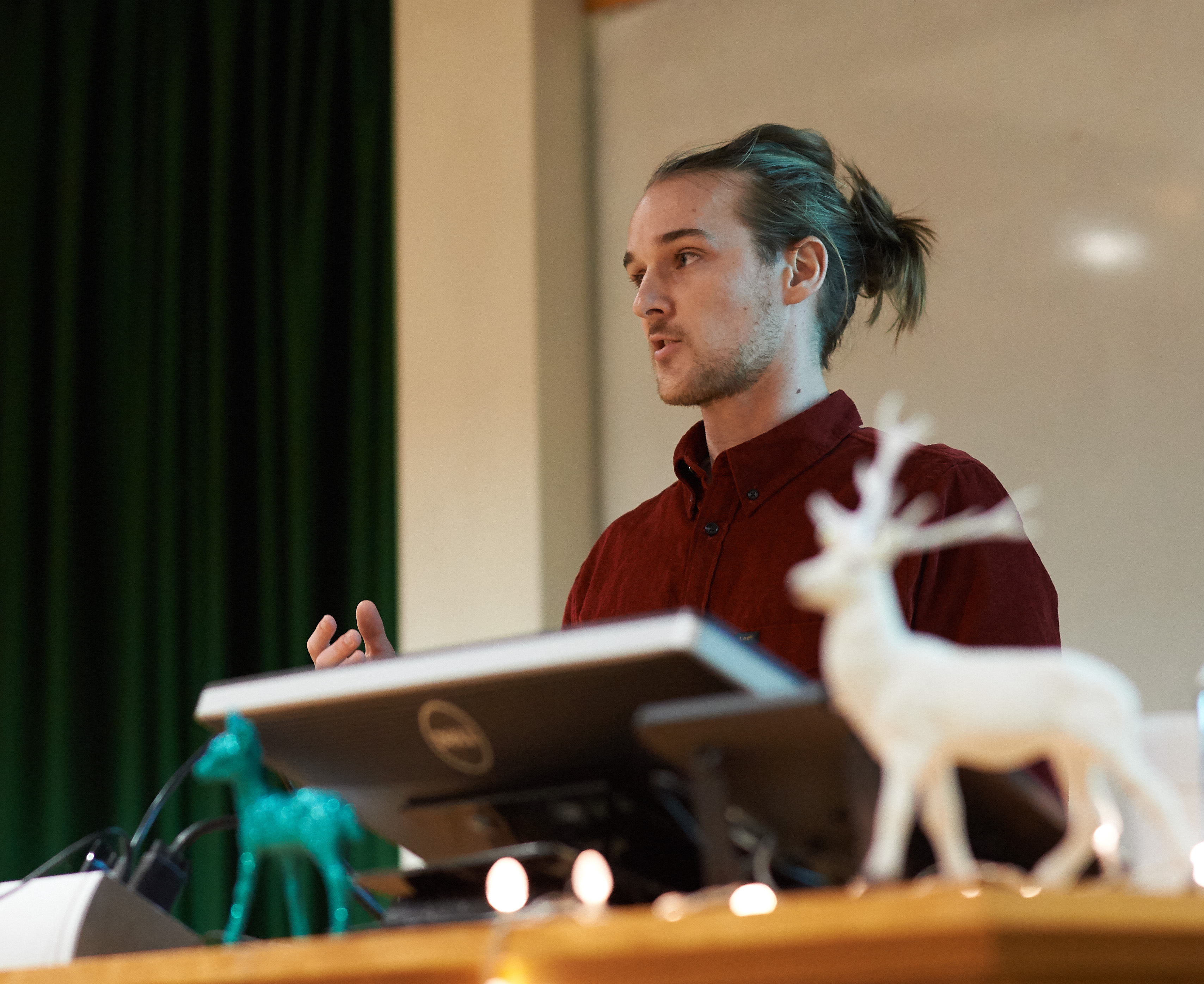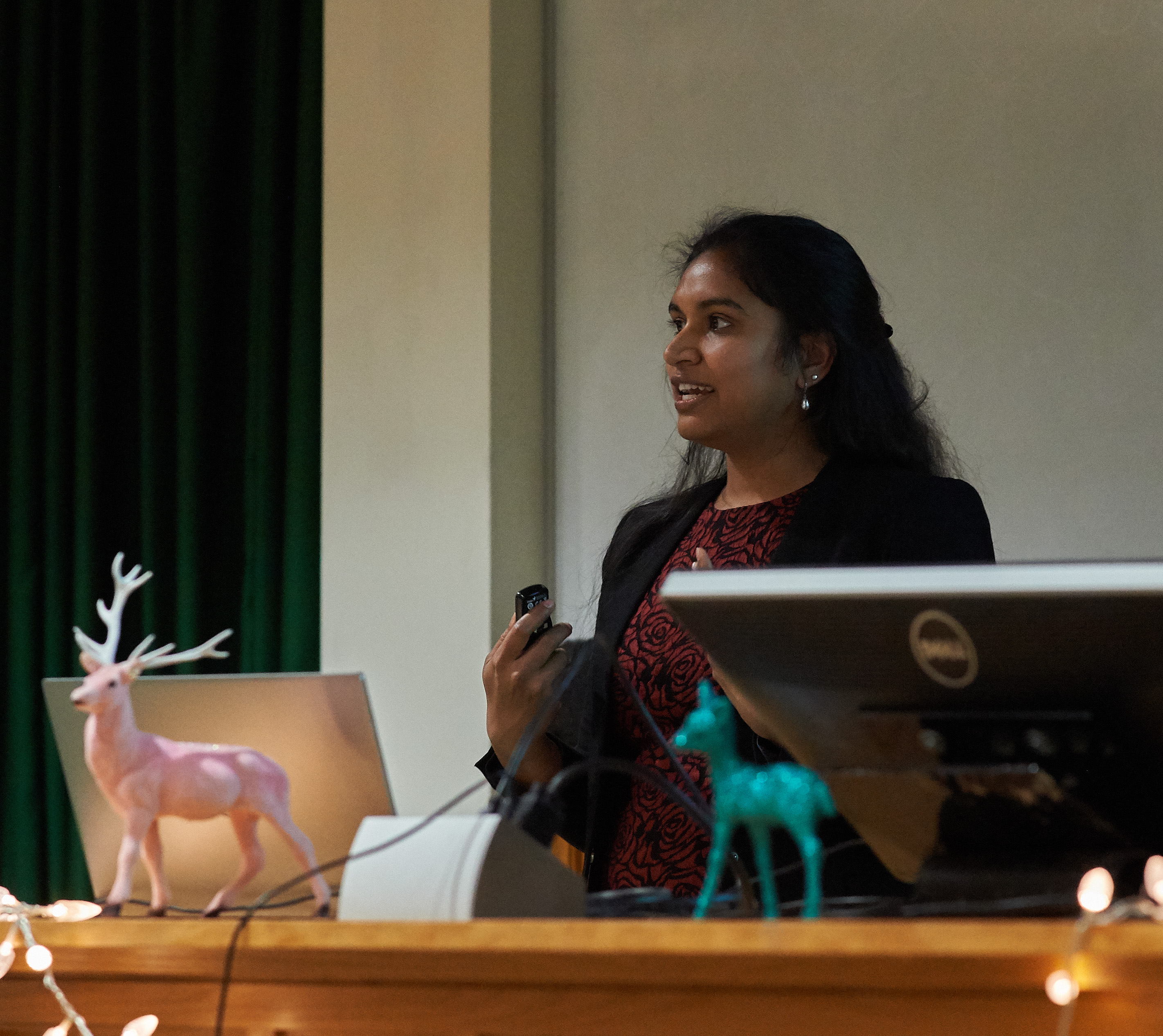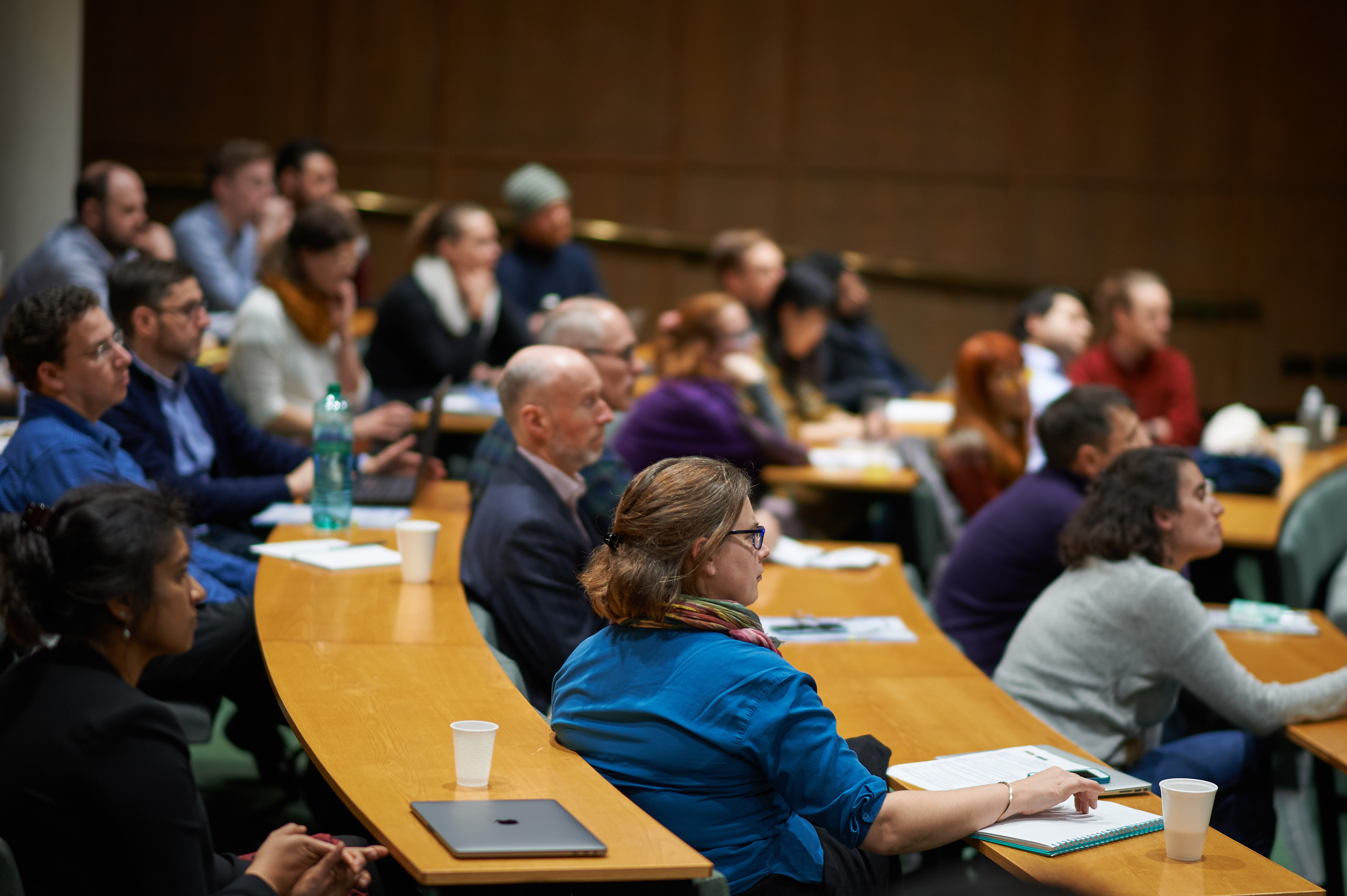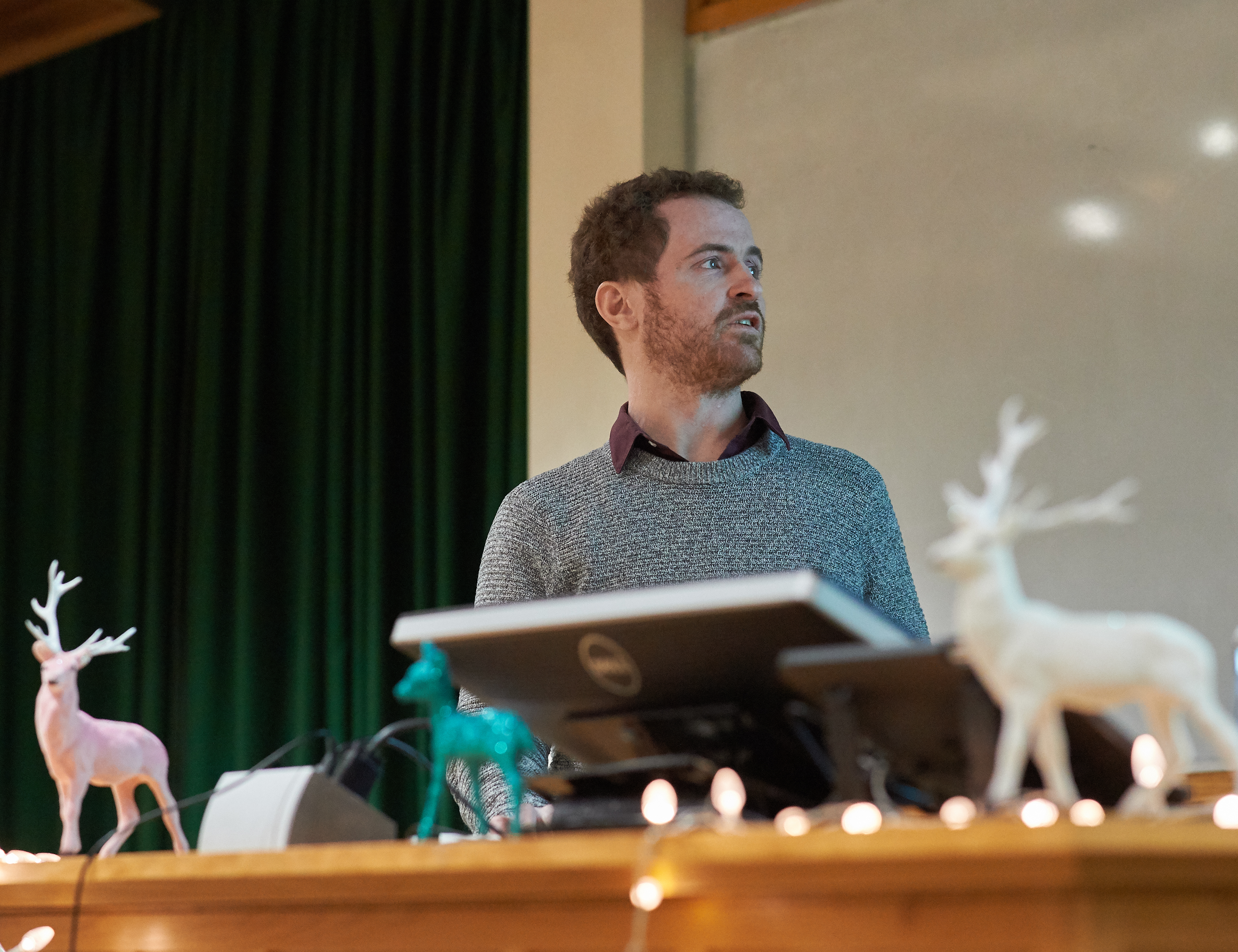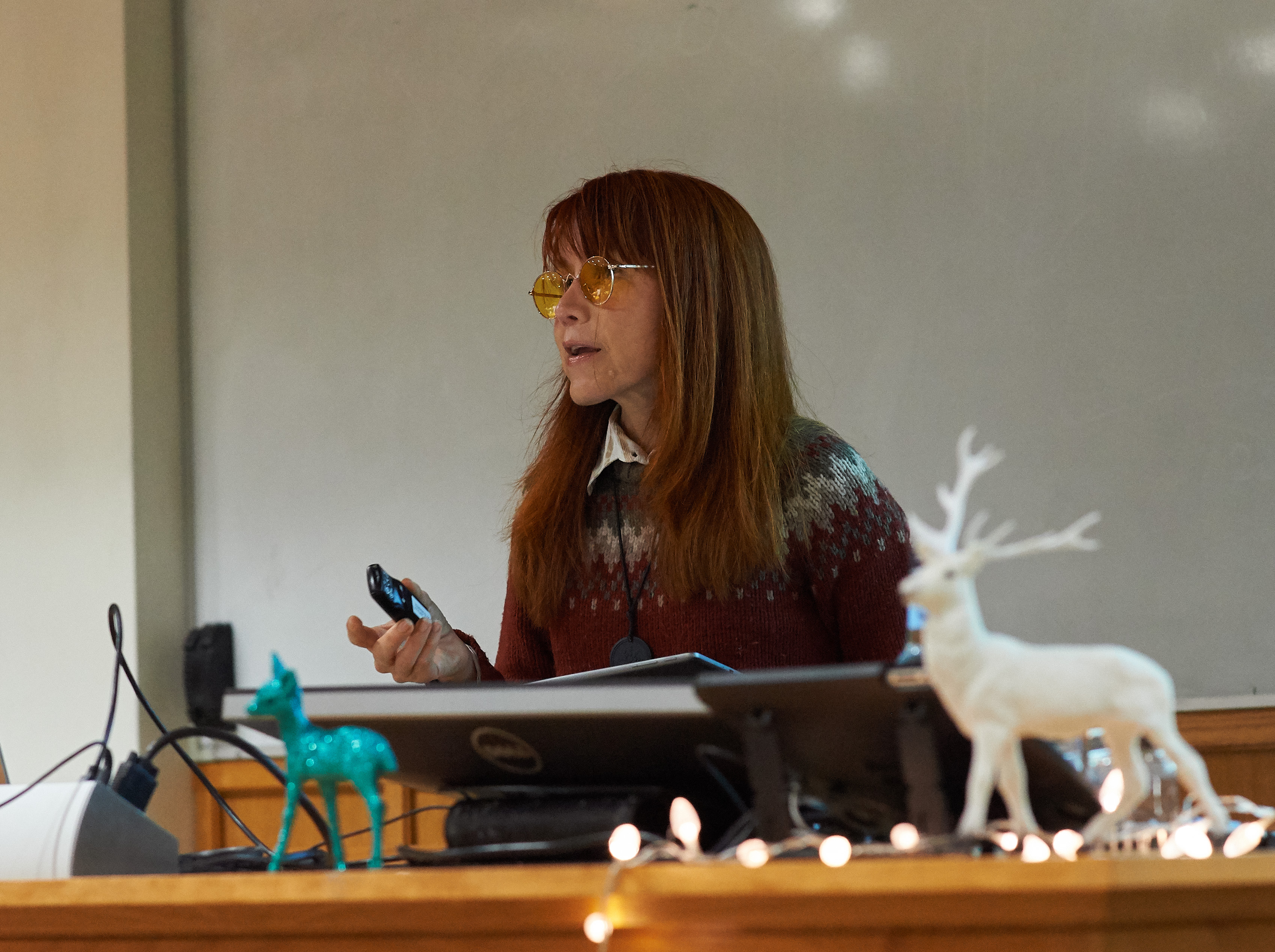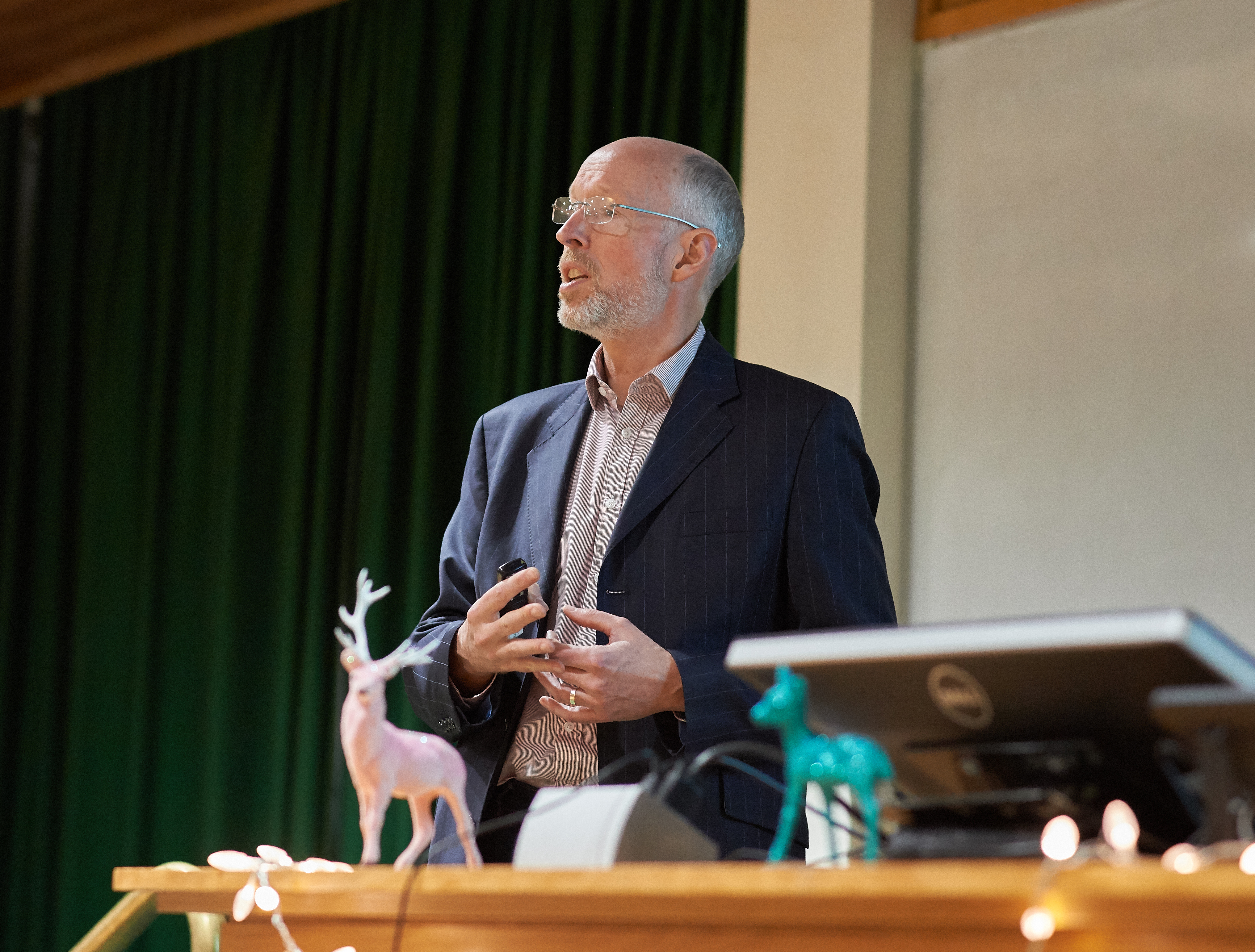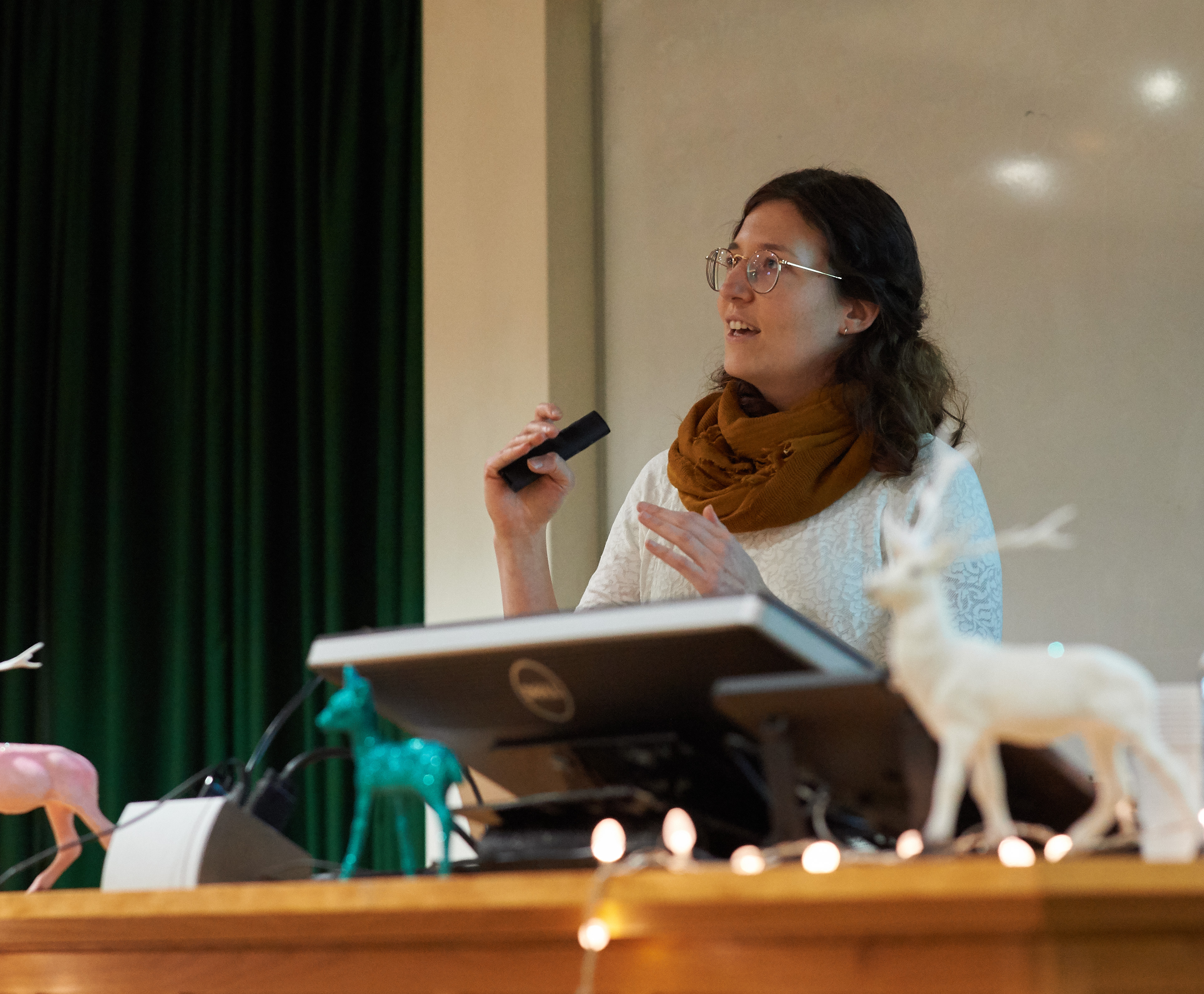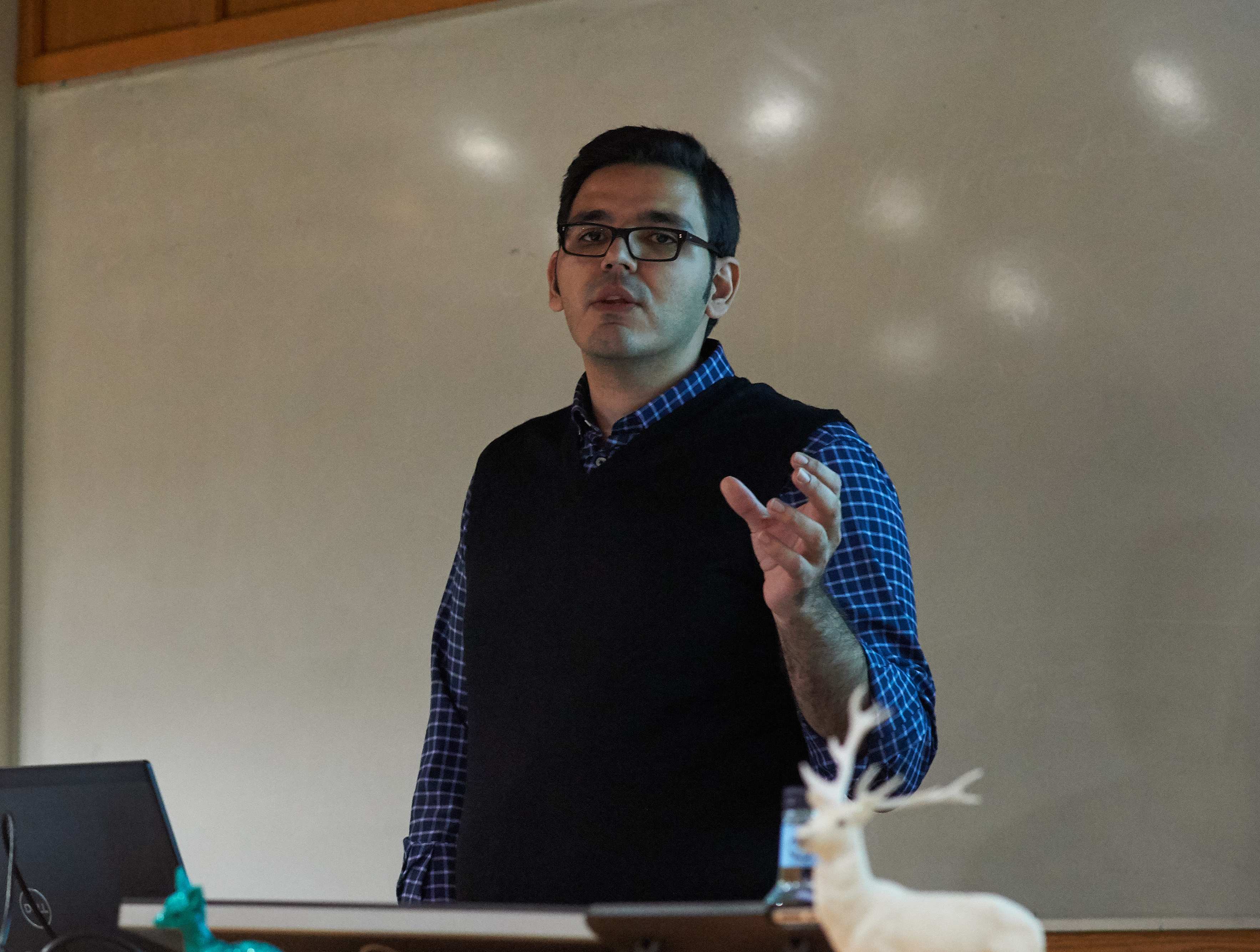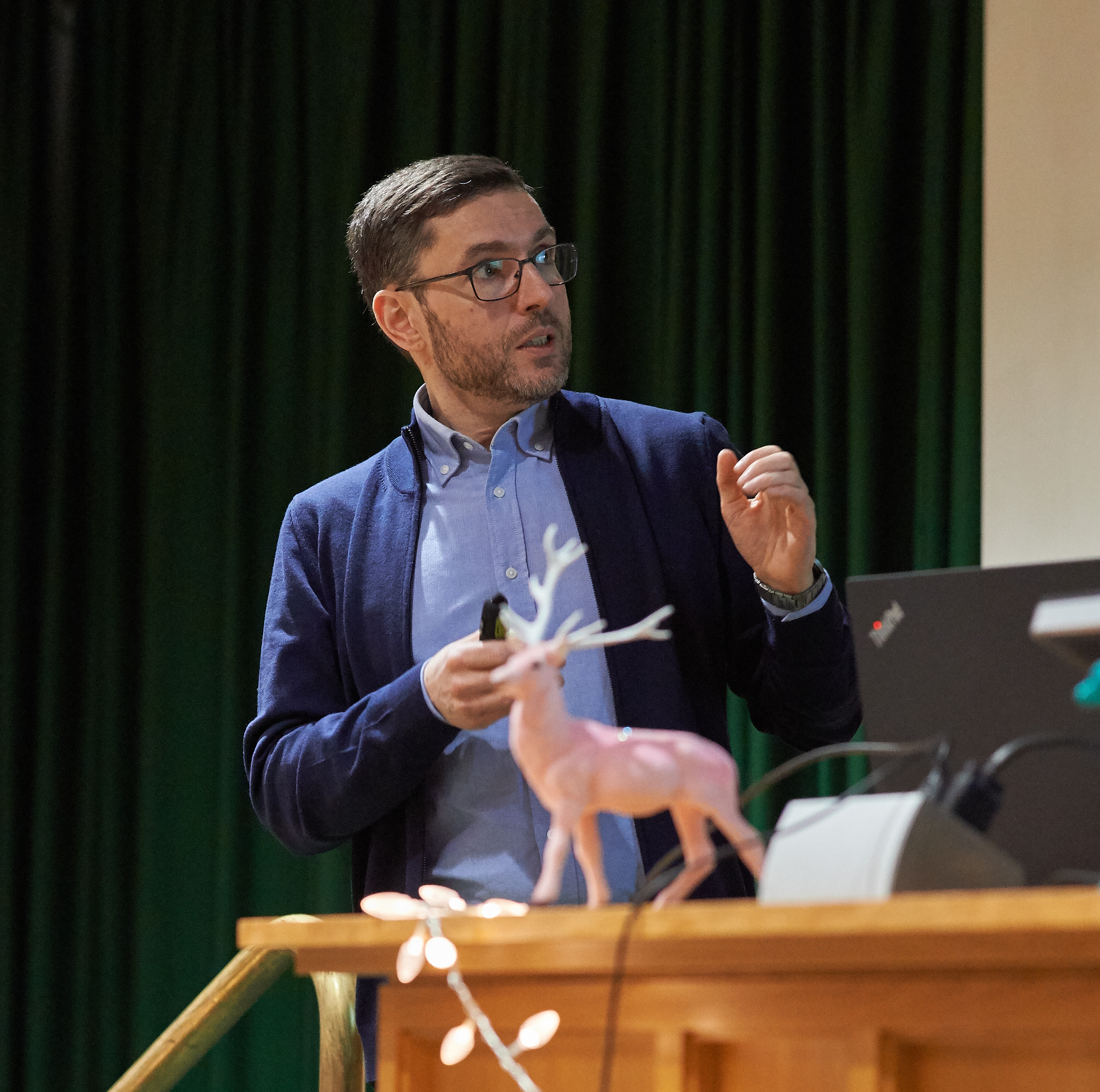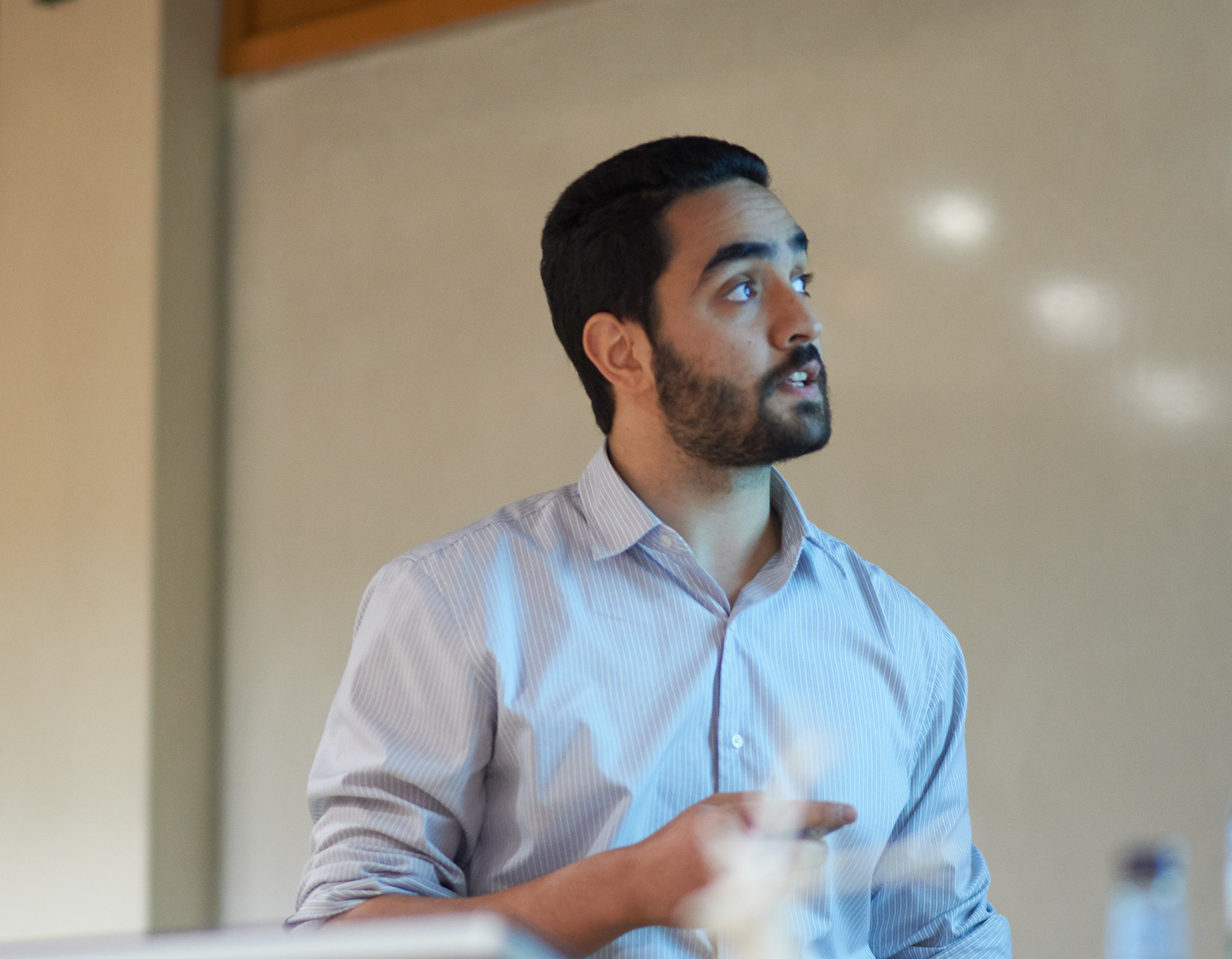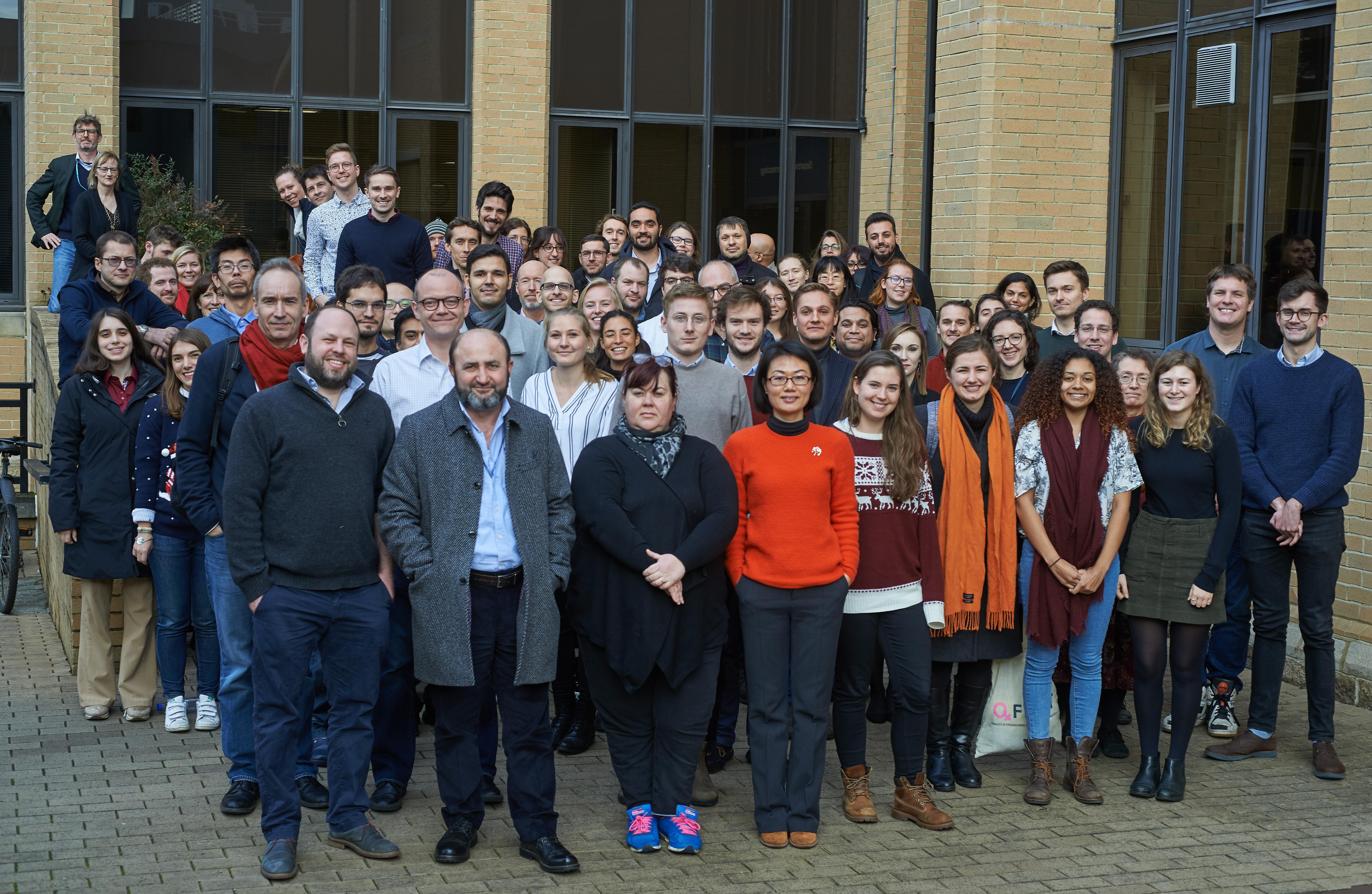
We are pleased to announce that today the Unit joins the Nuffield Department of Clinical Neurosciences (NDCN) as a sixth division.
The NDCN is one of the world’s leading centres for research and treatment in disorders of the nervous system. The department has a multidisciplinary workforce of close to 500 people, mostly based at the John Radcliffe Hospital. The Unit will continue to have its main physical base on Mansfield Road.
Unit members anticipate progressing existing collaborations with NDCN researchers, as well as finding new ways to work together.
Unit Director Professor Peter Brown commented, "We are delighted to be joining the NDCN, and look forward to leveraging the considerable opportunities that this welcome change affords".
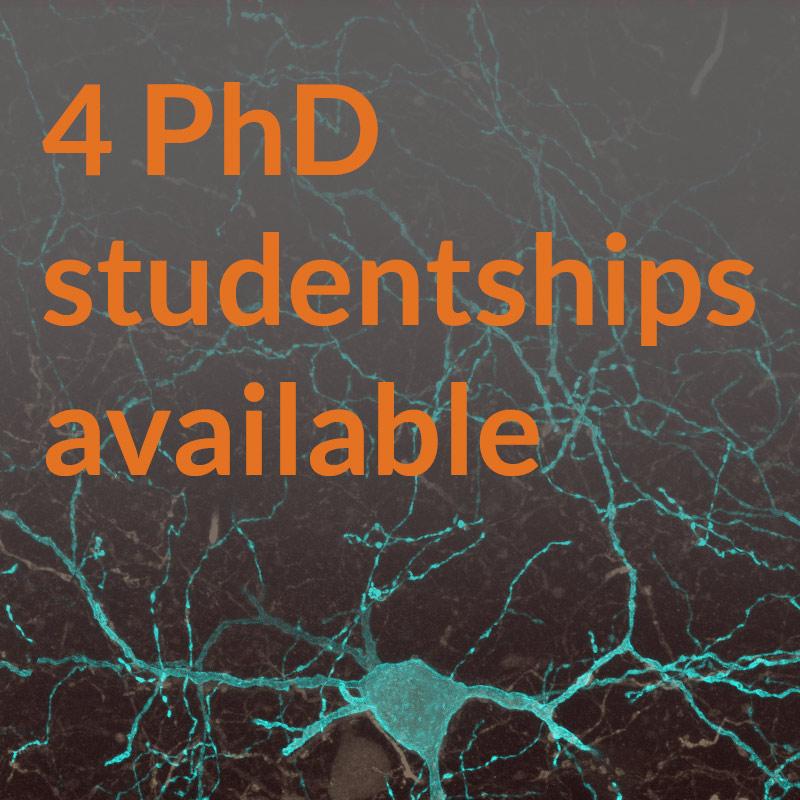
We are excited to announce that the MRC Brain Network Dynamics Unit has four fully-funded MRC studentships available from October 2020 to support Ph.D. (D.Phil.) projects as part of the Nuffield Department of Clinical Neurosciences.
The four D.Phil. projects on offer are:
Project 1. Neural dynamics of drug-paired memory in the mouse brain. (Supervisor: Dr David Dupret)
Project 2. Studying circuit dynamics to understand disease mechanisms and their therapy. (Supervisor: Dr Huiling Tan)
Project 3. Cell and circuit function in the basal ganglia in health and disease. (Supervisor: Professor Peter Magill)
Project 4: Closed-loop modulation of neuronal plasticity. (Supervisors: Dr Andrew Sharott and Dr Hayriye Cagnan)
The closing date for applications is 12.00 midday UK time on Wednesday 22nd April 2020.
Candidates can apply for more than one D.Phil. project. Candidates are encouraged to contact project supervisors in advance of applying. See weblinks above for more details on projects and how to apply.
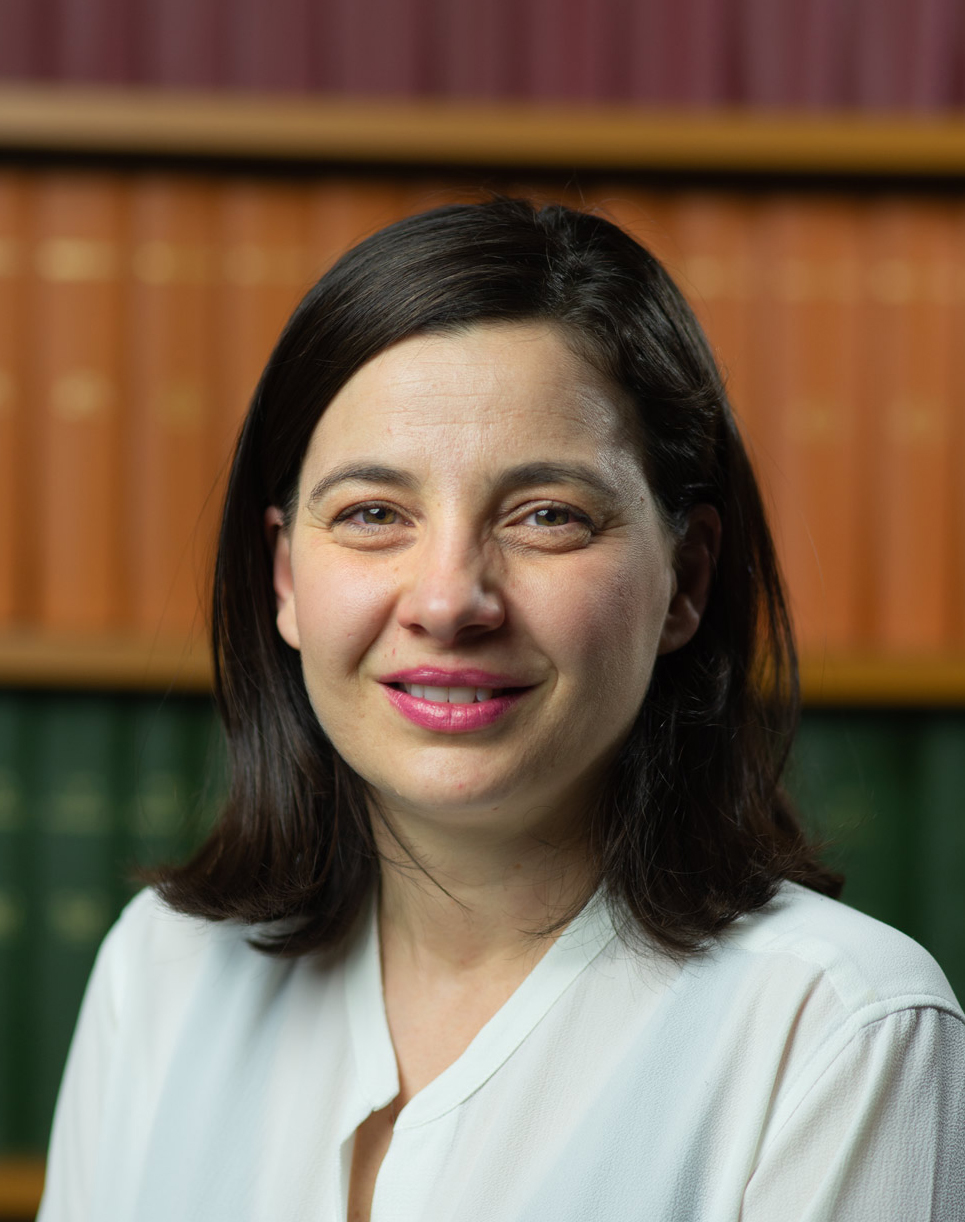
We are pleased to welcome Dr Lucia Ricciardi to the Unit as a Clinician Scientist, working in the Group led by Professor Peter Brown and in collaboration with the Functional Neurosurgery team at St. George’s Hospital, London.
Lucia studied medicine and completed her neurology specialty training at the University of Messina, Italy. After a fellowship in movement disorders at the Catholic University of Rome, Italy, and another one at the University College London, she completed a PhD in “Clinical and Experimental Neuropsycho-pharmacology and application in neuro-rehabilitation”.
Since 2016, Lucia has been working as a consultant neurologist, with a specialist interest in movement disorders, at Kingston Hospital and St George’s Hospital in London. She is part of the Deep Brain Stimulation team at St. George’s Hospital.
Lucia’s research is focused on cognitive, psychiatric and emotional dysfunction in patients with movement disorders, especially those with Parkinson’s.
Lucia has been awarded a MRC Clinical Academic Research Partnerships (CARP) Award, and now joins the Brown Group to undertake her research. She will study the neural correlates of behavioural disorders in Parkinson’s, recording cortical and deep brain activities in patients undergoing Deep Brain Stimulation surgery for the treatment of Parkinson's.

We are looking forward to the whole Unit becoming part of the Nuffield Department of Clinical Neurosciences (NDCN) from 1st April 2020. The Unit will form the sixth Division of the NDCN, and will bring a focus on understanding and exploiting the moment-to-moment interactions between neurons, particularly those involved in movement and memory. Joining the NDCN will afford the Unit greater opportunities for the timely leverage of its fundamental discoveries for clinical impact.
Find out more about the Nuffield Department of Clinical Neurosciences.
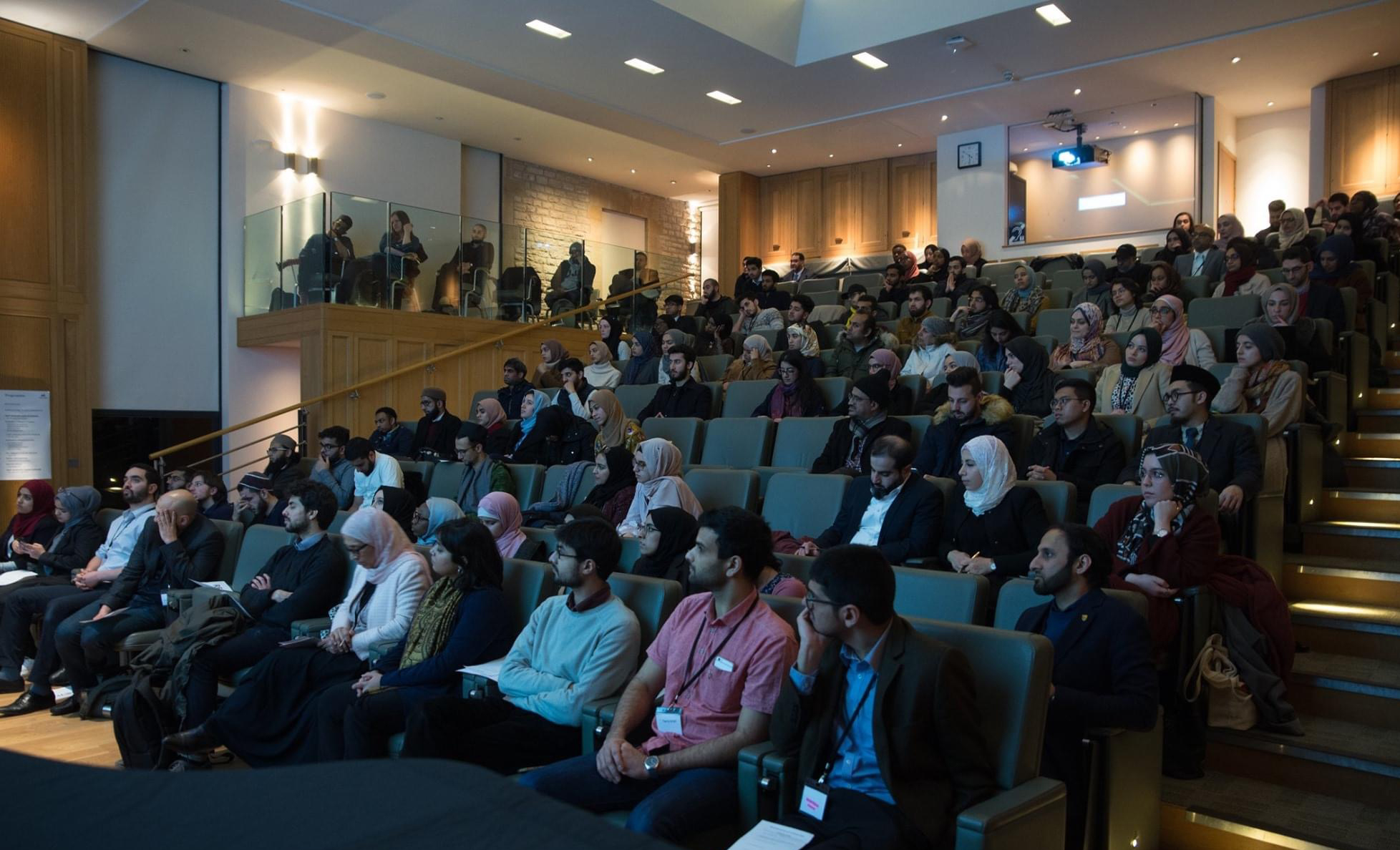
In furthering the Unit’s work in widening access and participation, Unit early-career researcher Dr Mohamady El-Gaby once again made some key contributions to the annual Oxford Muslim Student Research Conference, held this year at Merton College on 25th January.
The aims of the Conference were to encourage Muslim students to pursue careers in academia, and to continue building a network bringing together Muslim academics and students. The Conference included keynote talks from high-profile academics, showcased research presentations and posters from around the UK, and hosted panel discussions to help foster skills in research and academia.
Mohamady helped organise the Conference, and also participated in a panel discussion on “Insights into Academia: The Natural Sciences.”
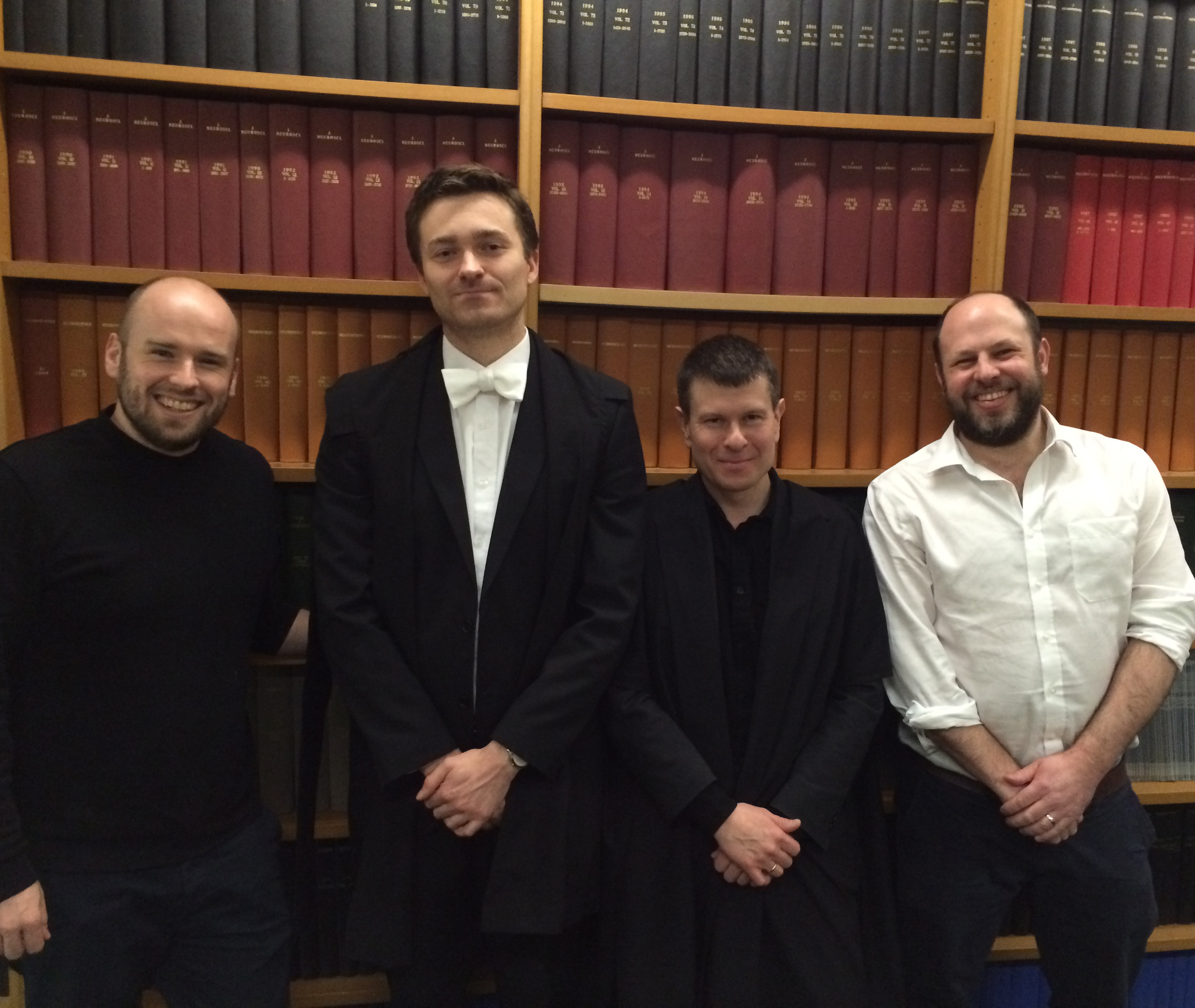
Our congratulations go to Unit D.Phil. student Anders Christian Meidahl for successfully defending his doctoral thesis, entitled “Electrophysiological signals for closed-loop deep brain stimulation in Parkinson’s”, in his viva voce examination held on 24th January 2020.
Anders’s viva examiners were Dr W. Julian Neumann (Department of Neurology, Charité – Universitätsmedizin, Berlin, Germany) and Associate Professor Vladyslav Vyazovskiy (Department of Physiology, Anatomy & Genetics, University of Oxford).
Anders was co-supervised by Associate Professor Andrew Sharott and Professor Peter Brown.
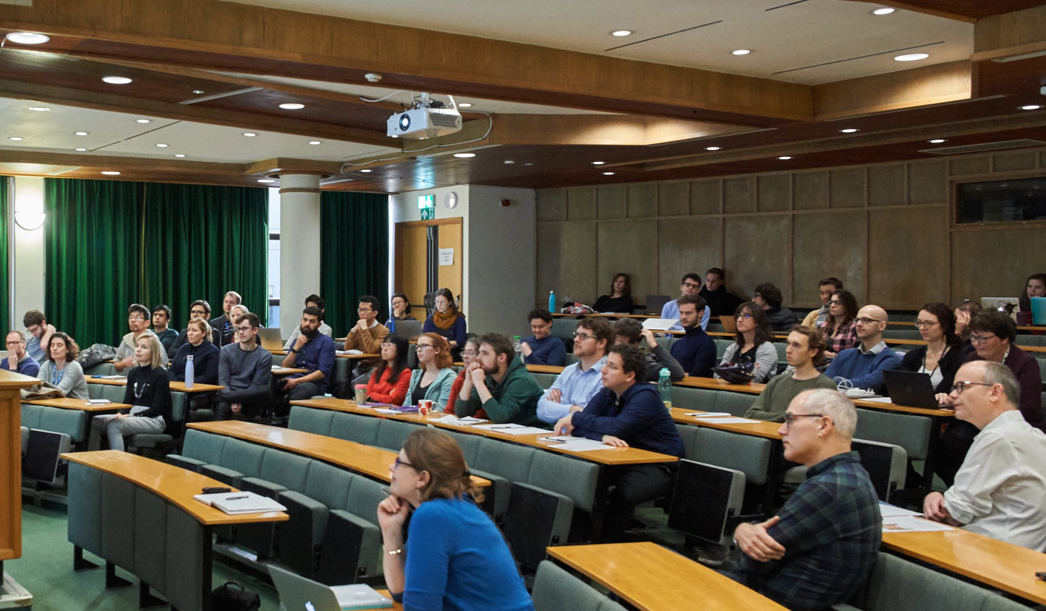
The Unit held its annual Training & Careers Development Event on Friday 17th January. Unit members, together with colleagues from the University of Oxford and Medical Research Council, were treated to a range of engaging and enlightening presentations, each of which was followed by a lively Q & A session.
Polly Kerr, NIHR Oxford Biomedical Research Centre PPI Manager, started the Event with an insightful seminar on the benefits, challenges and approaches of Patient and Public Involvement with research. This was followed by a session focused on supporting diversity in Science, Technology, Engineering and Mathematics (STEM). After Unit Group Leader Professor Charlotte Stagg gave a thought-provoking introductory talk, Unit Group Leader Dr Hayriye Cagnan and husband Dr Eugene Duff (Department of Paediatrics) discussed their experiences of shared parental leave, answering a host of questions from the enthusiastic audience. Professor Fiona Powrie, Director of the Kennedy Institute of Rheumatology at the University of Oxford, then concluded the session with an entertaining account of her career journey in research, peppered with some sound advice on making the most of opportunities, on taking risks, and on how to achieve diversity at senior levels of academia.
In the first of two break-out workshops held after refreshments, Simon Cain, Director of Westbourne Training & Consulting, delivered some well-received training on ‘Pitching Skills’. Using real-life pitches from two of the Unit’s early-career researchers, the workshop explored all aspects of designing and delivering a great pitch, with special emphasis on interviewing for funding and fellowships. In the second workshop, Professor Stuart Mackenzie, Head of Physical and Theoretical Chemistry at the University of Oxford, led an interactive discussion of the Technician Commitment, its value for career development, and the University’s initiatives and plans to support it.
Peter Magill, outgoing Chair of the Unit’s Training & Career Development Committee, commented “The provision of bespoke training and career support remains a key priority for the Unit. These annual events have proven to be an excellent way to achieve impact and help deliver on the Unit’s strategy in these areas. We are most grateful to our expert speakers, and we look forward to meeting the challenges ahead.”
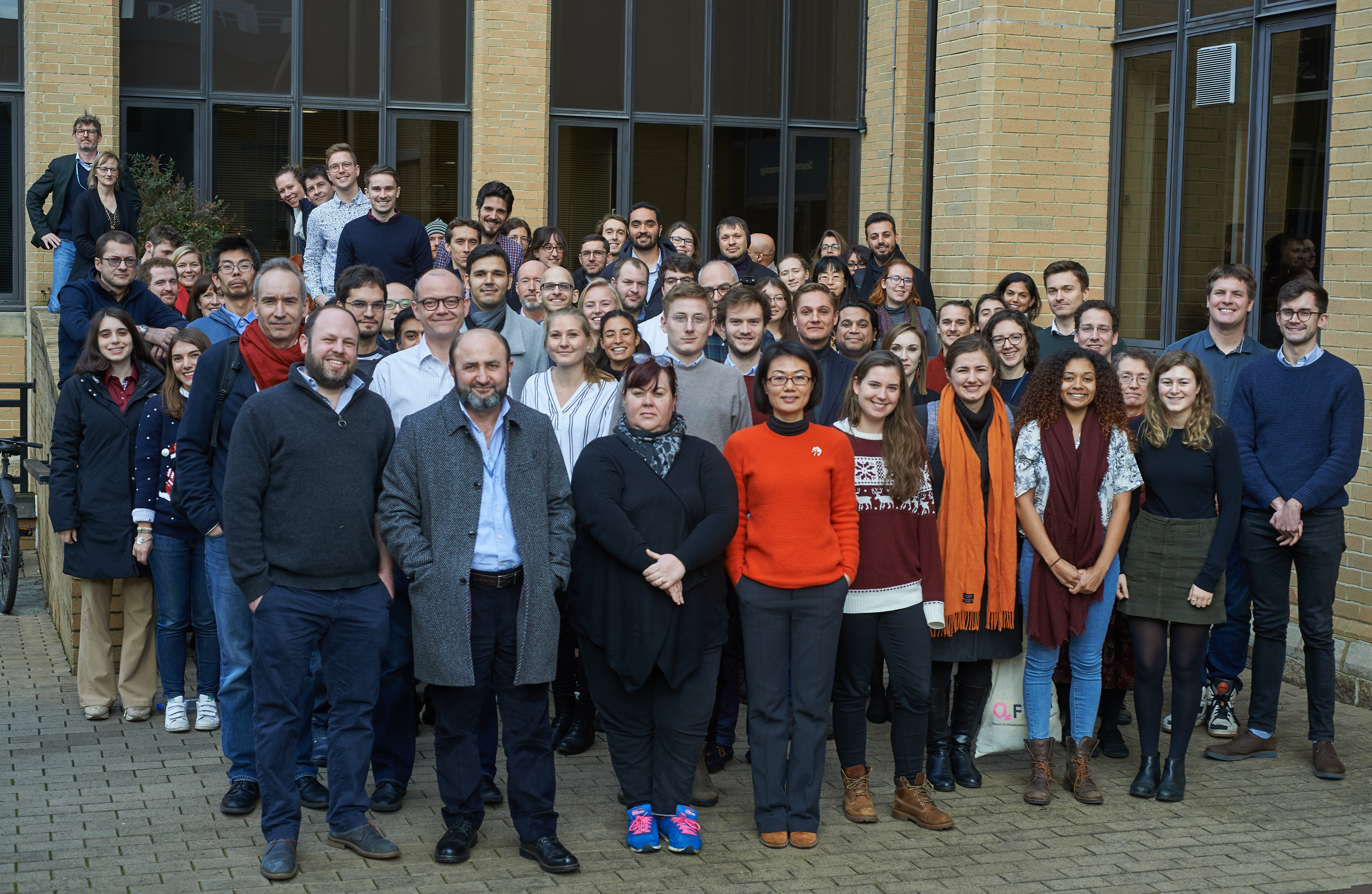
The Unit held its eighth Science Day on Friday 13th December 2019. Ongoing and future work provided the focus for discussion, and Unit members and visitors eagerly took the opportunity to give the constructive criticism needed for fostering collaborative, world-leading research.
There were 12 short talks, almost all of which were given by the Unit’s students and postdoctoral researchers. Attendees were also treated to two Special Lectures; the first given by Professor Mark Richardson of Kings College London, and the second by Professor Pascal Fries of the Ernst Strüngmann Institute for Neuroscience, Frankfurt, Germany.
Unit Director Professor Peter Brown commented “Science Day was as engaging as ever, and it was particularly exciting to see how the creativity of the Unit’s early-career researchers is advancing innovative brain research.”
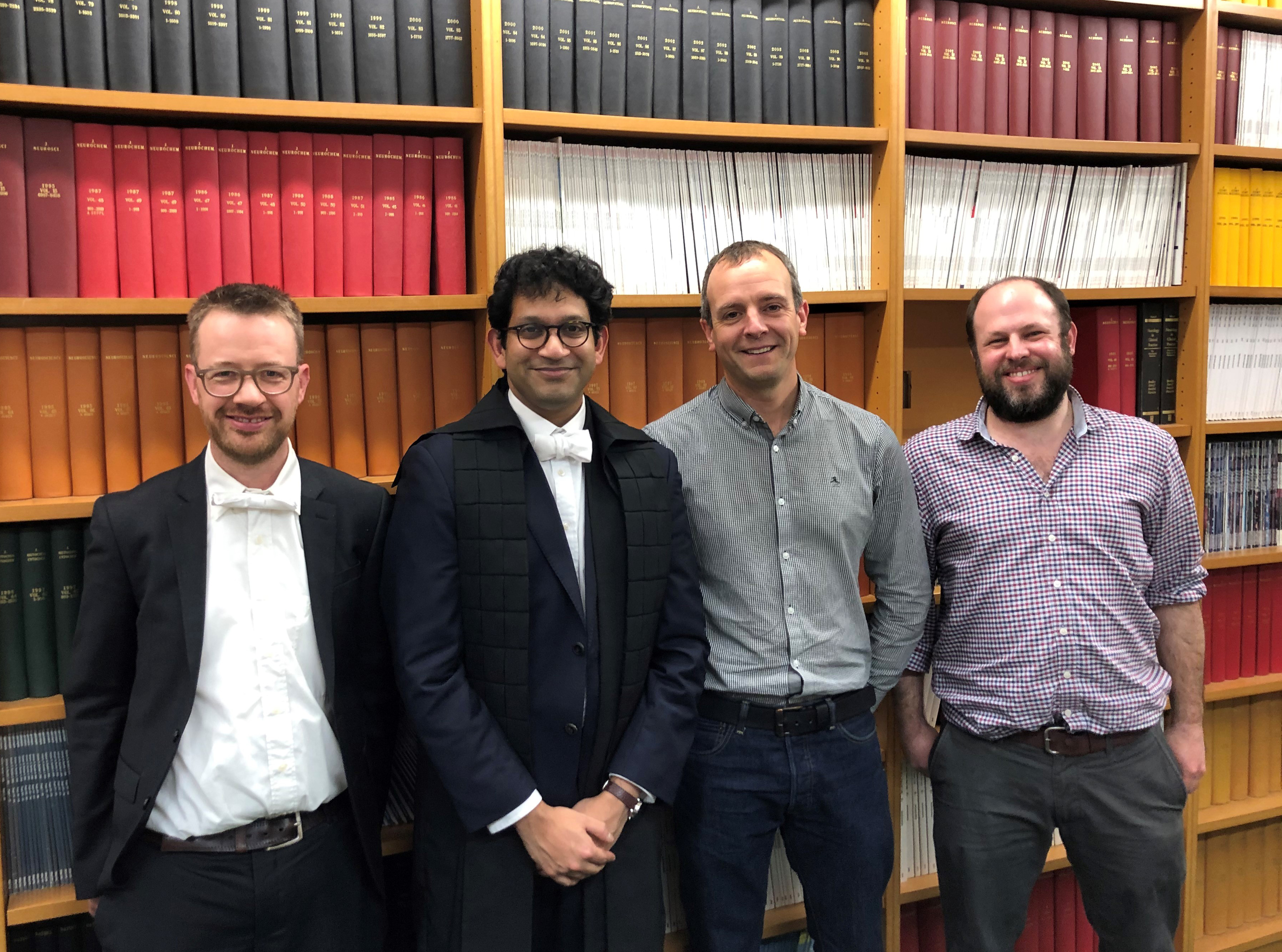
Our congratulations go to Unit D.Phil. student Rahul Shah for successfully defending his doctoral thesis, entitled “Connectivity-specified targeting and manipulation of the motor thalamus”, in his viva voce examination on 25th November 2019.
Rahul’s viva examiners were Professor Ian Duguid (Centre for Discovery Brain Sciences, University of Edinburgh) and Associate Professor Mark Walton (Department of Experimental Psychology, University of Oxford).
Rahul was supervised by Associate Professor Andrew Sharott, and additionally mentored by Professor Peter Brown and Professor Peter Magill.
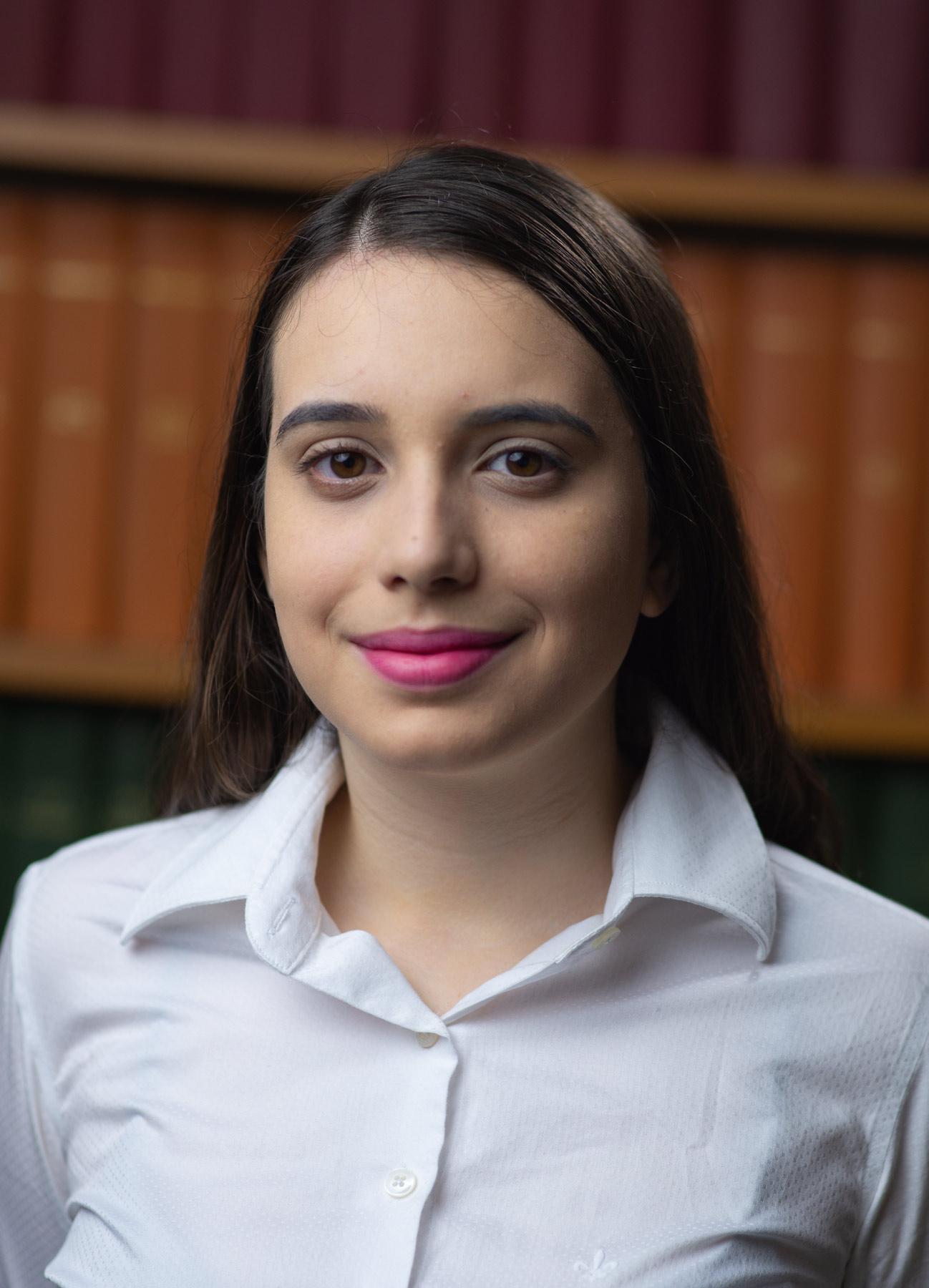
We are pleased to welcome Beatriz Silveira de Arruda to the Unit as a new D.Phil. student, working under the primary supervision of Professor Peter Brown. Beatriz will undertake a challenging project to develop non-invasive means of treating tremor in essential tremor and Parkinson's disease.
Beatriz obtained a B.Sc. degree in Biomedical Engineering and Neuroscience from Brown University, USA. She completed her senior honors thesis in the Brown Neuromotion Laboratory, where she worked on characterizing the kinematics of purposeful movement and basic locomotion in rhesus macaques. Beatriz also completed research internships at the Center for Neuroengineering, Duke University, USA, and in the Laboratory of the Walk Again Project in Sao Paulo, Brazil.
